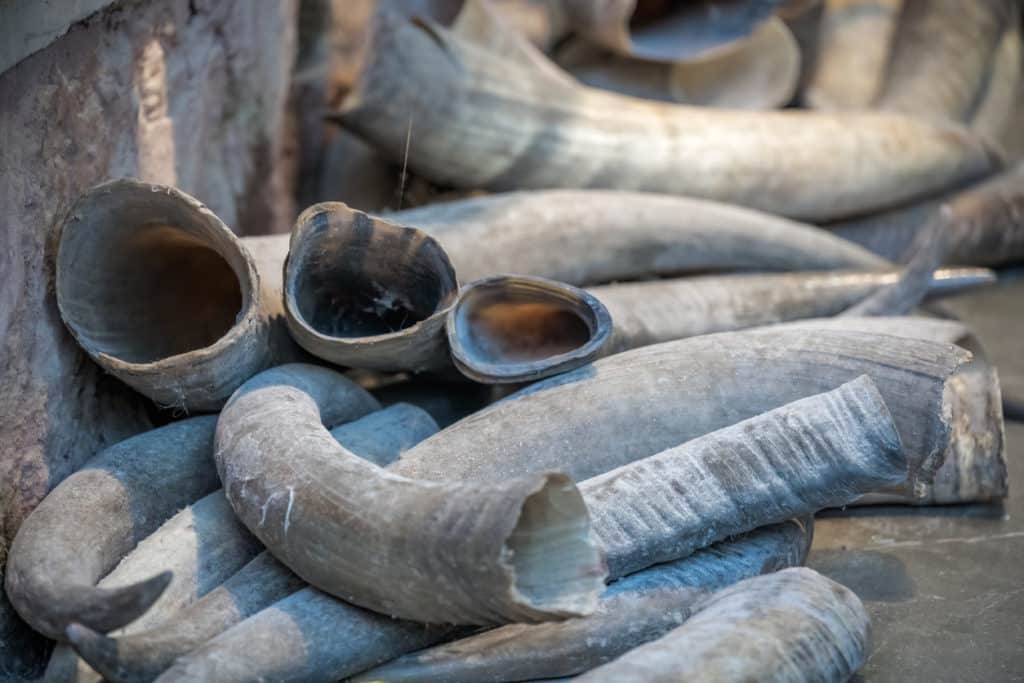On February 11, Whistleblower Network News made the whistleblower reward regulations of the U.S. Fish and Wildlife Service (FWS) publicly available for the first time. Following WNN’s publication, whistleblower attorney Stephen M. Kohn wrote an analysis of the rules for the National Law Review.
According to Kohn, a founding partner of Kohn, Kohn & Colapinto and Chairman of the Board of the National Whistleblower Center, the rules “have widespread application to illegal fishing, logging and wildlife trafficking prohibited under the Lacey and Endangered Species Acts.” Kohn begins his piece by explaining the immense scope of the estimated $150 billion illegal fishing, logging, and wildlife trafficking industries. Kohn then notes that the main whistleblower reward law that covers these illegal activities is a 1981 amendment to the Lacey Act. The newly released FWS reward rules cover whistleblower rewards granted under the Lacey Act as well as a number of other wildlife crime statutes, including the Endangered Species Act, the Fish and Wildlife Revenue Enhancement Act, and the Rhinoceros and Tiger Conservation Act.
After providing this general context, Kohn analyzes the newly released rules. He explains the types of disclosures and activities which qualify for rewards, the mechanisms through which rewards are paid to whistleblowers, the different exclusions from award eligibility, the criteria FWS uses to determine an award amount, and the confidentiality protections offered to wildlife whistleblowers.
Kohn additionally compares the FWS whistleblower reward regulations to other notable U.S. reward laws and programs. He notes that the Lacey Act and FWS whistleblower rules lack a number of provisions contained in other successful whistleblower laws such as the False Claims Act and Dodd-Frank Act. Kohn points to judicial review, anti-retaliation protections, guaranteed minimum awards, and a central whistleblower office as elements of successful whistleblower programs that are lacking in the FWS program. According to Kohn, some of these shortcomings can be fixed with further amendments to the current regulations, while others require legislative changes by Congress. Kohn notes that bills addressing these deficiencies have been introduced in previous Congressional sessions and received bipartisan support.
Kohn claims that “the public release of the FWS rules governing their wildlife trafficking whistleblower reward program is a step forward for the protection of fish, forests, and animals.” However, he notes that much more publicity around these rules is needed in order for U.S. wildlife crime whistleblower provisions to be effective law enforcement tools. He states that “[e]very NGO dedicated to protecting forests, fish, and animals should post these FWS rules on their office bulletin boards and websites. They should publicize the rules’ existence on social media and as a part of their trainings.”
Read:
FWS Procedures on Payment of Whistleblower Rewards
WNN Exclusive: Fish and Wildlife Buried Their Whistleblower Rules, a FOIA Has Unearthed Them
